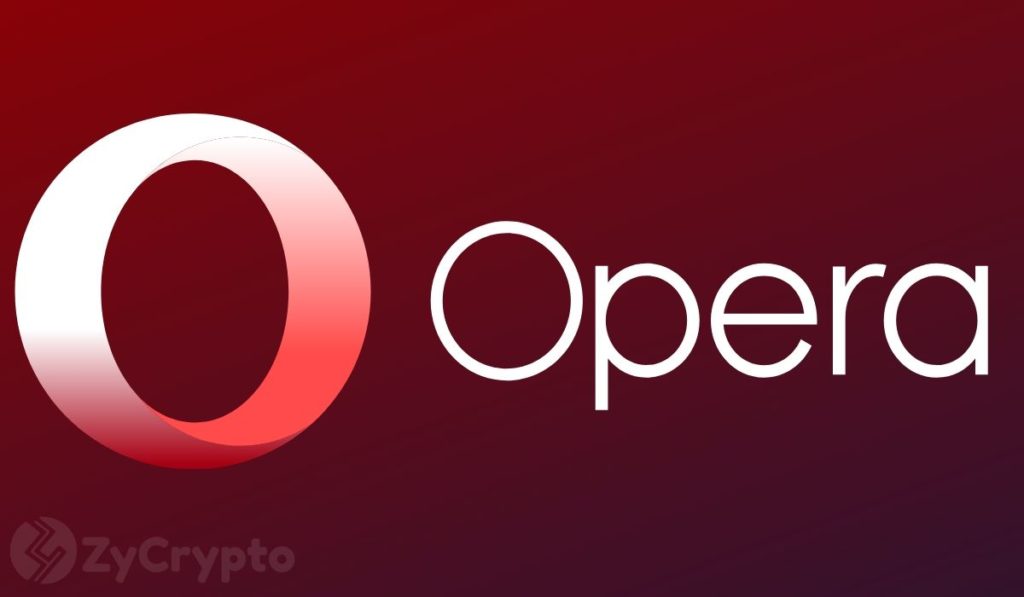2022-5-11 21:11 |
Despite crypto domains being one of the most exciting advancements in the blockchain space, very little is known about them amongst the general public.
When it comes down to brass tacks, who actually owns a cryptocurrency domain? When push comes to shove, can the domain be censored?
In this article, we aim to break down crypto domains, including what they are, who owns them, whether or not they can be censored, and how they could impact the future of domain ownership.
What Are Crypto Domains?Crypto domains are a new technology that looks to add to the transparency and security of domains. They provide users with access to the decentralized web, with some domains doubling down as a cryptocurrency wallet. Each domain is a unique software written on a public blockchain which gives them several advantages over traditional domains (which we’ll jump into later on).
Although the concept of a crypto domain is currently in the spotlight, crypto platforms have been around since the foundation of Bitcoin. The first platform was called Namecoin and allowed users to register their domain names on Bitcoin. However, due to the complexity of registering, the concept didn’t catch on. Now, with the innovation of smart contracts, the future of crypto domains looks promising.
Crypto Domain OwnershipHistorically, domains would be owned by a domain name registrar. This business would manage the reservation of a domain name, as well as assign IP addresses for domain names. Although users would “buy” a domain from these businesses, the businesses would still have full ownership of the domain. They would simply “rent” the domain to the user who would pay a renewal fee. As a result, domain registrars such as Google Domains and HostGator would have the ability to monitor websites keeping any content they deemed inappropriate censored.
Crypto domains are looking to change this by giving ownership back to the people. Once a user has purchased a domain from a crypto domain registrar, they have full ownership of that domain. This means they no longer need to pay a renewal fee and can post without the risk of being censored. In addition to this, crypto domains aren’t stored on a server. Instead, they’re held in a public registry. This creates a new level of transparency, as anyone can look up the records of who holds the domain. It also increases the security of domains. As the domain holder has full ownership, they hold the permissions to make any updates to the domain name. This reduces the risk of servers being hacked and domain names being stolen in the process.
The Functionality of Crypto DomainsAs well as being owned by the end user, crypto domains provide greater functionality for end users. Traditionally, a domain owner would host their site, accept payments and drive traffic to the site. Crypto domains can do much more. Due to the nature of the technology, owners can build programs on their domain, send and accept cryptocurrency and even build their own software to interact with each program.
With so many options for each domain, they can appear a little… complex. However, crypto domains can be tailored to the end user. In their simplest form, crypto domains allow users to build a decentralized website. In the past, accessing a decentralized website would require a specific browser such as Brave Browser or Opera Browser. However, new technology is looking to change this. Technology developed by Unstoppable Domains, means that these domains can be accessed on most search engines such as Google Chrome, Firefox, and Bing. Thus dramatically increasing their mass appeal without domains being censored. These domains can also be connected to social media accounts to verify identity as well as set up emails and support systems linked to the domain.
Another use case for crypto domains is to send and receive cryptocurrency without the hassle associated with transactions. Crypto domains can work as a registry for crypto addresses, which allows them to send and receive crypto payments. This is more user friendly than a traditional blockchain wallet, which consists of complex codes that are almost impossible to remember.
Why Domain Ownership Is ImportantIn the traditional domain market, nearly all domains are owned by large multinational companies. These companies allow businesses and people to “buy” domains and pay a renewal fee for their services. However, those buying are actually renting a domain. They don’t own it. As a result, their domain can be censored, edited and even removed by companies if the owner doesn’t play by the book.
Crypto domains aim to give power back to the people; oce an individual owns a domain, they have the power to use it in any way they want. This in theory takes power away from big MNCs and gives people more opportunity to promote themselves in a way they deem appropriate.
Could Crypto Domain Ownership Promote Mass Adoption?As of April 2022, almost half a million crypto domains have been registered compared to 366.8 million traditional domains. Although this stat may appear overwhelming, the vast majority of crypto domains have been registered over the past two years. At the moment, most crypto domains being registered are by crypto users who want to enjoy the benefits of using cryptocurrency. However, with more people noticing the potential of crypto domains, many investors are looking to buy with the hope of making a profit in the future.
As the popularity of cryptocurrency and DeFi continues to grow, it’s likely that people will begin to see the various use cases of crypto domains. With the concept behind crypto domains still being relatively new, mass adoption is unlikely to occur overnight. After all, it took almost a decade for the market to acknowledge the potential of cryptocurrency. Despite this, crypto domains themselves align with the modern trends of free speech, which may one day result in them replacing the traditional domain market with one that prevents people from being censored.
However, the degree of decentralization is often a point of contention– in crypto domain discussions as well as the overarching cryptocurrency world. Only time will tell how much control crypto domains truly have over their domains.
The post Who Actually Owns A Crypto Domain? Can Crypto Domains Be Censored? appeared first on CoinCentral.
origin »Bitcoin price in Telegram @btc_price_every_hour
Emerald Crypto (EMD) на Currencies.ru
|
|











